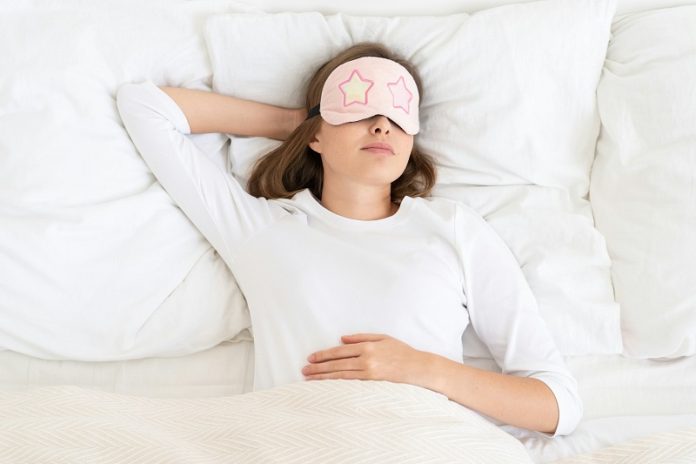
Many of us know that getting a good night’s sleep makes us feel better the next day. But did you know that sleep can also play a critical role in controlling your blood pressure?
Over the years, numerous studies have shown that there’s a deep connection between the amount of sleep we get and our blood pressure levels.
This simple yet profound relationship could be key in managing high blood pressure, a condition that affects millions worldwide.
Firstly, it’s important to understand what high blood pressure, or hypertension, really is. It occurs when the force of blood pushing against the walls of your arteries is consistently too high.
This can lead to serious health problems like heart disease, stroke, and even kidney disease. Given its stealthy nature and few noticeable symptoms, hypertension is often called the “silent killer.”
Now, how does sleep come into the picture? Sleep is our body’s time to heal and restore itself, and this includes regulating the hormones that control blood pressure. During a typical night’s rest, our blood pressure naturally dips by about 10 to 20 percent.
This is known as nocturnal dipping. People who don’t experience this drop, sometimes referred to as “non-dippers,” might be at a higher risk for heart-related issues.
Research evidence supports this. A study from the University of Arizona found that people who slept less than six hours a night were more likely to have higher blood pressure.
Another extensive review published in the Journal of Clinical Sleep Medicine compiled multiple studies and concluded that poor sleep quality or short sleep duration at night is linked to increased blood pressure during the day and a significant risk of developing hypertension in the long term.
Moreover, the type of sleep you get also matters. Deep sleep, the phase of sleep where your body is in its most restorative state, helps in better regulation of stress hormones and ensures stable blood pressure.
Interruptions in sleep, like those caused by sleep apnea, can prevent you from reaching this stage and contribute to higher blood pressure. Studies have shown that treating sleep disorders such as sleep apnea can help in lowering blood pressure levels.
Another aspect to consider is the circadian rhythm, or the body’s natural clock, which dictates when to sleep and when to wake up.
Disrupting this rhythm—as in cases of shift work or traveling across time zones—can adversely affect one’s blood pressure. Consistency in your sleep and wake times can thus support better blood pressure management.
It’s not all bad news, though. The good part is that improving sleep habits can really make a difference. Simple steps can be taken to enhance sleep quality.
These include sticking to a consistent sleep schedule, creating a restful environment (think cool, dark, and quiet), avoiding caffeine and screens before bed, and incorporating relaxation techniques like deep breathing or meditation into your bedtime routine.
In conclusion, sleep isn’t just a period of rest—it’s a crucial player in your health toolkit, especially when it comes to managing blood pressure.
While more research is always being done to further understand the intricacies of how sleep affects blood pressure, it’s clear that prioritizing good sleep is a wise strategy for overall health.
Remember, every hour of restful sleep is a step towards a healthier heart and a lower blood pressure reading.
If you care about sleep, please read studies about how to sleep to prevent Alzheimer’s disease, and this herb could help you sleep well at night.
For more information about sleep, please read studies about herb that could help you sleep well at night, and these drugs could lower severity of sleep apnea by one third.
Copyright © 2024 Knowridge Science Report. All rights reserved.



